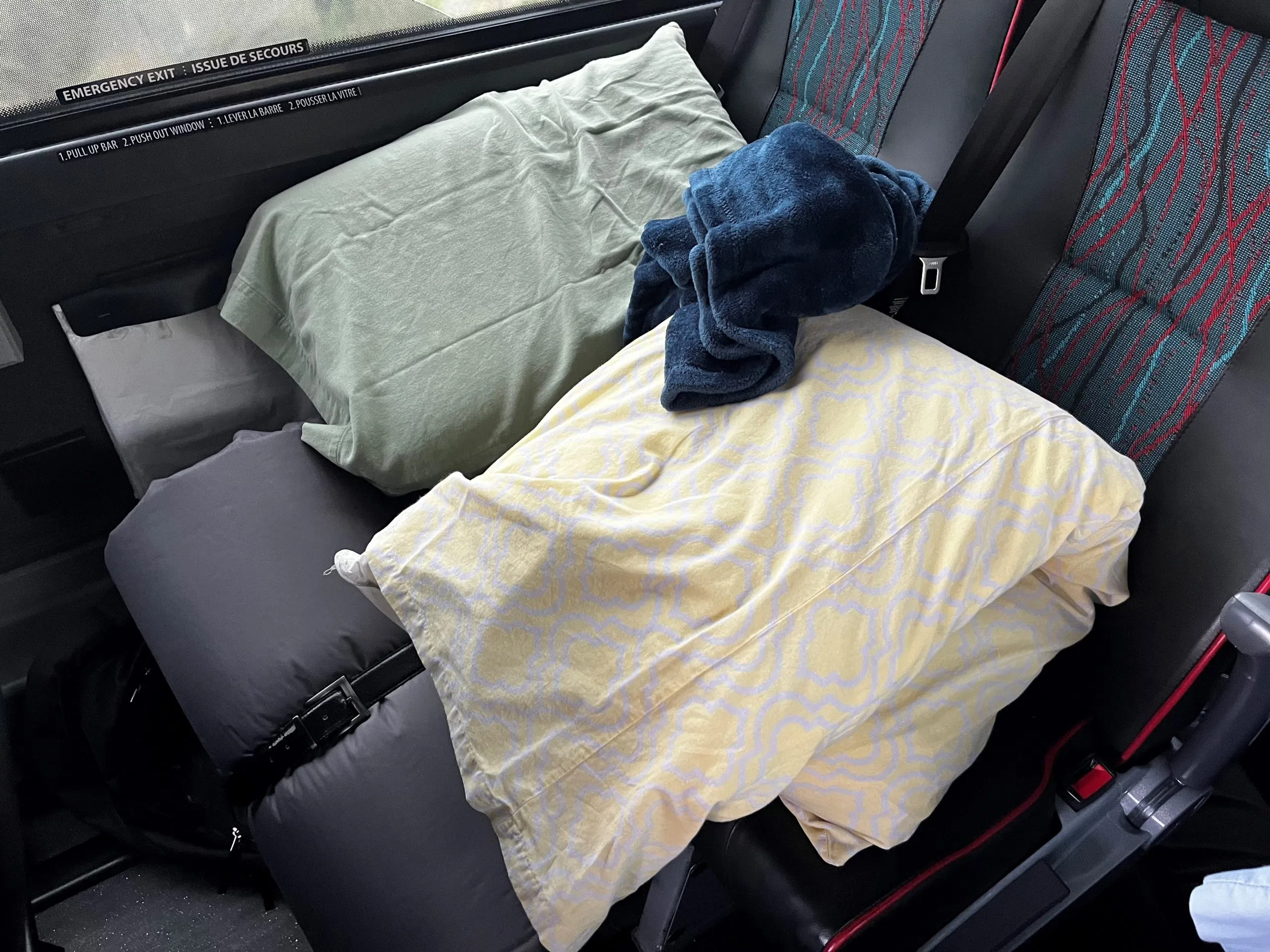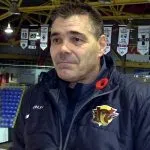
Riding the bus: a junior hockey players right of passage to the pro’s
Here I am, the team broadcaster, sitting on the Kelowna Rockets bus, traveling along Highway 33 toward Spokane, Washington.
It is the beginning of three games in three nights, starting tonight against the Spokane Chiefs.
My designated seat is located on the right side of the bus, third from the front.
Equipment Manager Tim Webster is sitting in front of me. Athletic Therapist Scott Hoyer, a long-time bus mate of mine, is seated to my left.


Comments